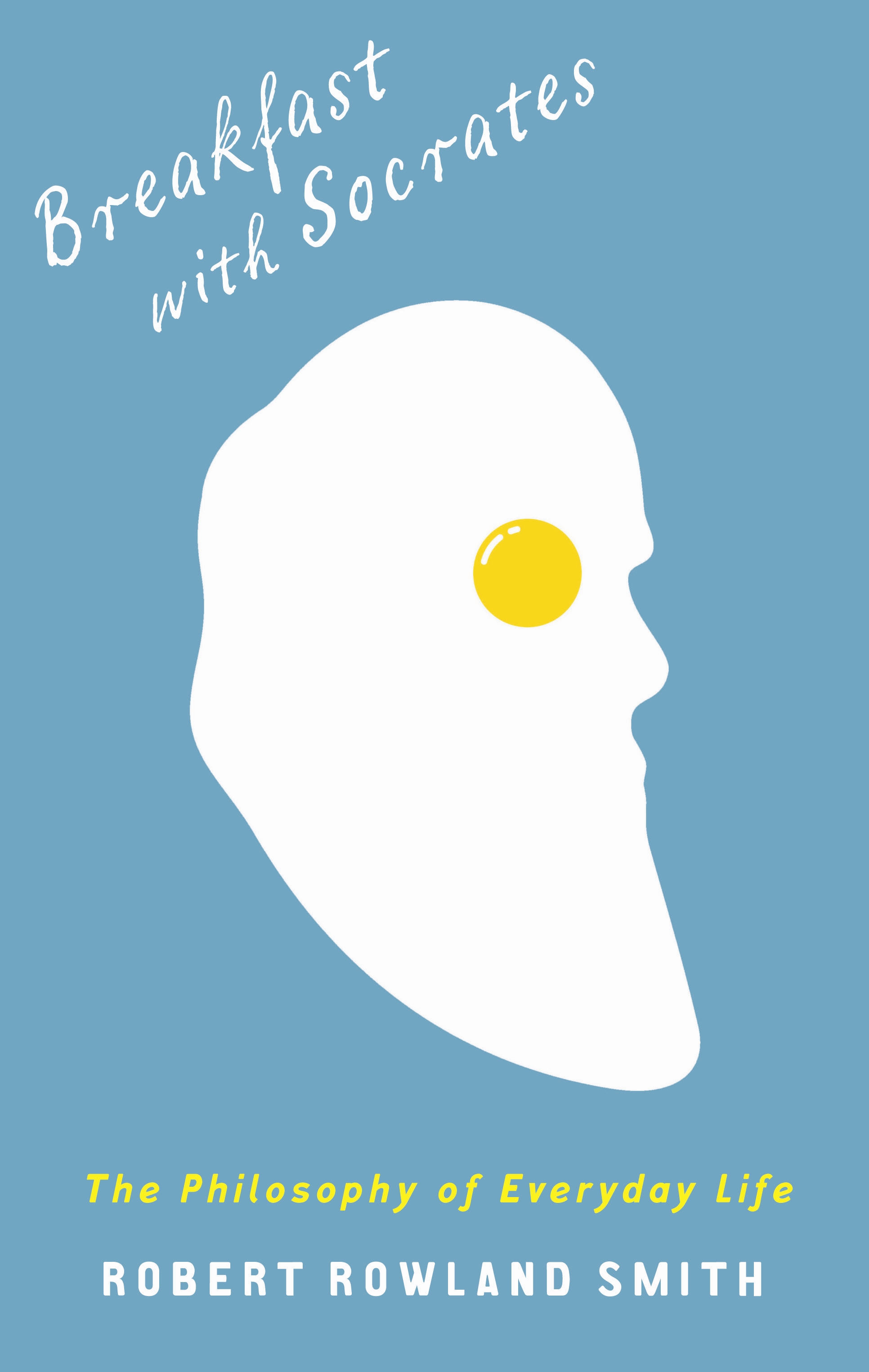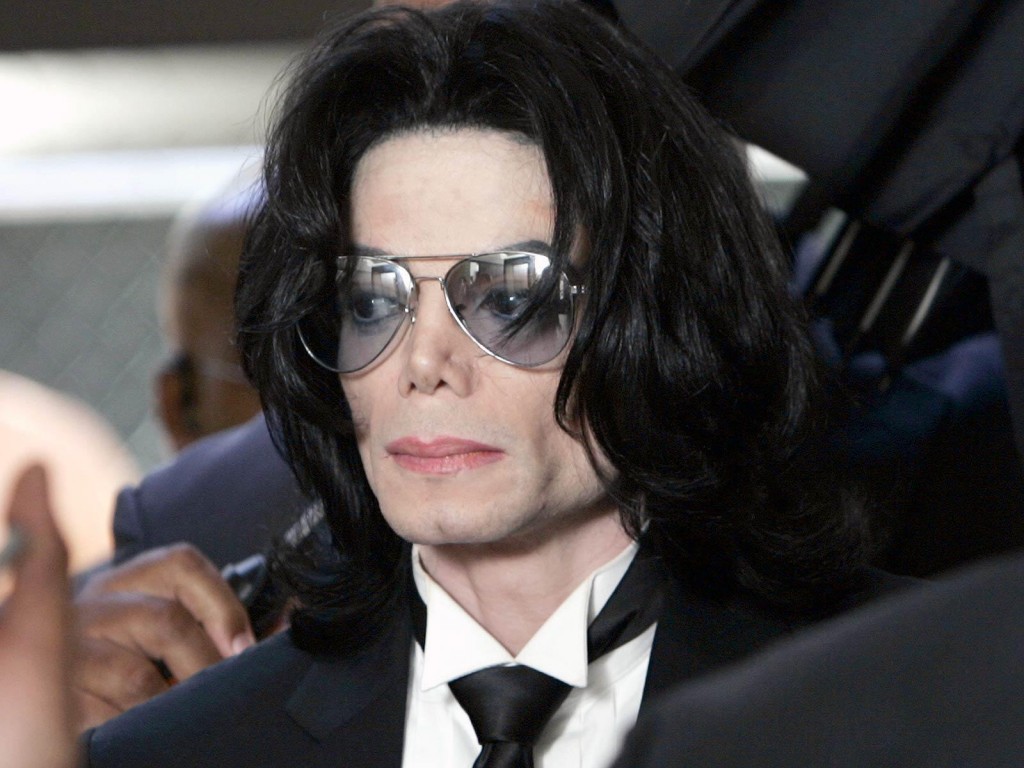Over time, what was foreground becomes background. In the half century of ‘pop’, of broadcast popular music that doesn’t require a big band to make it swing, pop has slipped from being a prodigious irruption into an otherwise restrained culture to becoming that culture itself. ‘Pop’ has mutated into pop – as ubiquitous, abundant and invisible as electricity. It’s barely an exaggeration to say that pop is the day – and as Philip Larkin once rhetorically questioned, where can we live but days? To get to a place entirely beyond the precinct of pop and its merchandise, one would have to travel for weeks and perhaps into the remote past or far future. It would be like trying to find your way out of the world’s largest mall, or rather the world-as-mall, for pop has played its part in converting the globe into a brightly-lit park of productised pleasure. Pop is as inescapable as the day, and it establishes its rhythm. From the garrulous morning DJ on the radio, to the muzak of shops and offices, to the atmosphere in clubs, bars, and restaurants, pop music gives the day its shape, and a day completely devoid of it is rare to the point of aberration. So ‘popular’ that it’s universal, pop, like weather, is simply there.
And yet this becoming-background is exactly what has allowed pop to insinuate itself into our nearest, our innermost worlds. Its ubiquity translates as ignorability, and ignorability makes the perfect disguise for penetration; in getting absorbed into the fibres of culture pop has done a deep dive into the mind. Having lodged there, it has established itself as the ablest vehicle for our memories: we’ll recollect a whole summer from a single song, or an entire relationship from an album – and with such vividness that, in truth, pop music should be used to cure amnesia, or as an aid to writing history. Compare looking at photos of your ex with listening to the music you used to make love to, and the music will win every time, working like a memory-graft, a still live bit of tissue in the mind. It might promote itself as the sound of today, but it’s yesterday that pop is already peddling, and the successful pop record is the one that makes you nostalgic for it on the first listen.

Robert Rowland Smith
In other words, the miracle of pop lies in occupying the two opposing ends of a spectrum – the colossally objective and the radically subjective. Like God, pop is at once the most public and the most private phenomenon we know, something available to all and yet capable of the most inalienably personal meanings. What makes it so amenable to these apparently contradictory roles?
The fact that it’s empty. It’s a commonplace, of course, to decry the emptiness of pop, but this emptiness is filled out by an important aesthetic background, to do with pop’s little recognised connection with Modernism. We tend to keep pop music, being so popular, in a very different box from the élite Modernism it superseded after the second world war, but there’s a subliminal, even a necessary, connection. For Modernism was to reverse the classical relationship between form and content, preaching the value of form as significant in itself. And if pop is defined by anything it’s the dominance of the form which, from one song to the next, renders the content practically interchangeable. A pop song is a determinate, strictly defined form whose content, being so light, cannot withstand being infinitely varied, wiped away for the next song to take its place within the secure framework of the form.
Which is what allows for those private appropriations of it: the self-effacing levity of the pop song, its benign blandness, makes it as adaptable to one’s reading of it as a horoscope. The more innocous the content the better, and best when it disappears into a tautology, like Michael Jackson’s ‘This Is It’. The phrase alludes to nothing but its own genre, and so defines pop – in all its copious nothingness – as such.

Robert Rowland Smith’s Breakfast with Socrates: the Philosophy of Everyday Life is published by Profile Books at £12.99.


